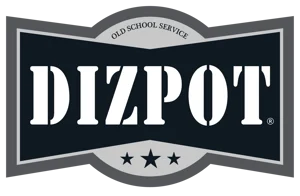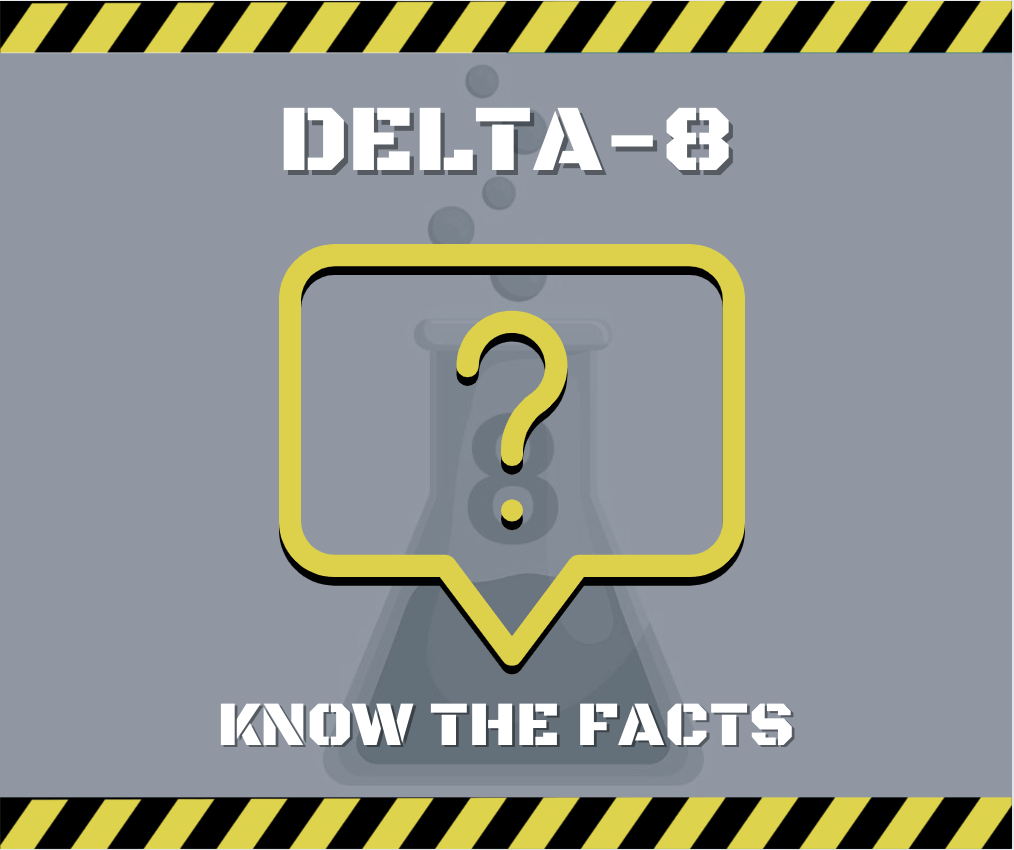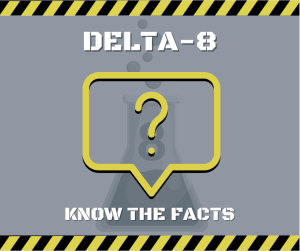The Latest on “CBD Miracle Cure” Delta-8
Most people know CBD as a cure-all for ailments and as a less intimidating alternative to cannabis. However, when in the wrong hands and paired with lax policy, an offset of this cannabinoid is creating a gray market of harmful drugs as unnatural as most pharmaceuticals.
According to MJBizDaily, the FDA has been considering CBD regulations ever since the agency was directed by Congress in 2018 to oversee how hemp products could be sold. Since then, the FDA has repeatedly said it can’t set any regulations for over-the-counter hemp products because it doesn’t have enough data to say they’re safe. Also, because CBD is an active ingredient in a prescription drug, Epidiolex, the FDA can’t regulate non-pharmaceutical CBD. Instead, the FDA has confined its cannabinoid enforcement activity to issuing warning letters to companies making egregious health claims.
For the full story, check out the recent Cannabis Business Executive article from John Hartsell, CEO at DIZPOT, where he discusses the CBD gray market and its impacts on the legal cannabis industry.
Where State Laws Stand on Delta-8 THC
Since the FDA has delayed developing a regulatory framework for hemp-derived intoxicants, many states have tried to establish their own rules.
Here is an overview of current state rules regarding hemp intoxicants courtesy of MJBizDaily.
Full Ban
- Alaska
- Connecticut
- Idaho
- Kentucky
- New York
- North Dakota
- South Carolina
- Vermont
Sold at Dispensaries
- California
- Nevada
- Oregon
- Michigan
Limit pending
- Arizona
- Colorado
- Maryland
- Minnesota
Under Legal Challenge
- Texas
Allowed in Food
- Louisiana
In the remaining U.S. states, there is no explicit ban. The vague status at a federal level continues to add to the regulatory confusion. The 2018 Farm Bill protects the production of hemp as well as the production of “hemp derivatives” and “extracts”. In essence, if CBD is extracted from hemp flower and then put through additional manufacturing it does not violate the U.S. Controlled Substances Act. This was confirmed in a recent ruling by a panel of the U.S. Court of Appeals for the Ninth Circuit in the trademark case, AK Futures LLC vs. Boyd Street Distro, LLC. Despite this, operators could still violate other food and drug laws by selling extracts to consumers.


